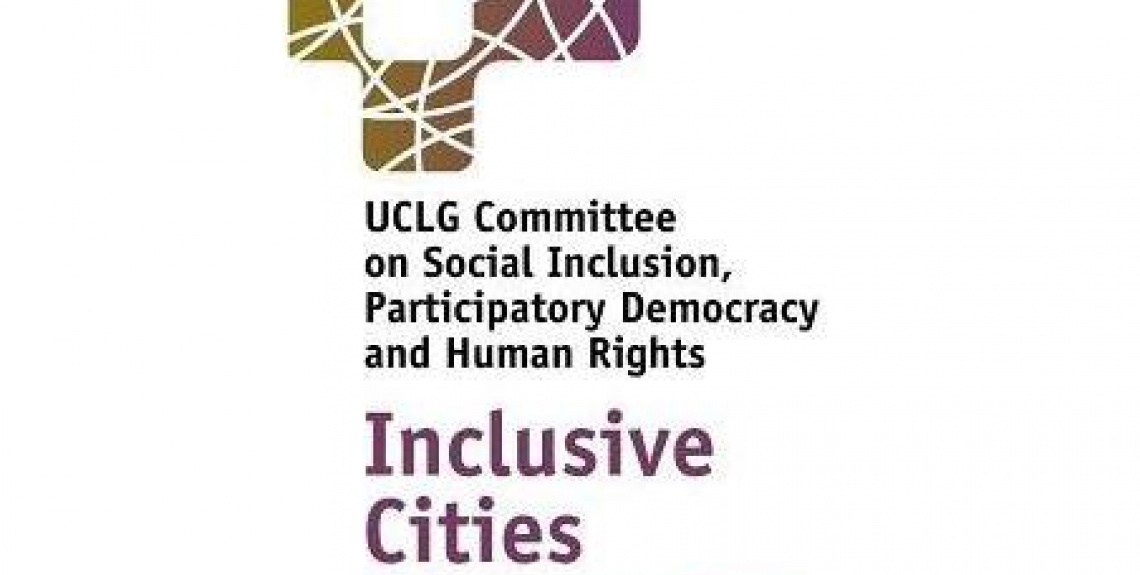The Support Centre Legal Office (GJSA - 1980) of the Angolan Women's Organisation (OMA) is an agency specialising in mediation in family disputes, which was established as a result of the merger between the Advisory Office directed by the OMA and the Cazenga Human Rights Committee led by the Organization for Community Assistance and Development (OADEC), as part of a project funded by the UN's Human Rights Division.
These bodies emerge from simple structures at a neighbourhood or municipality level, and cover a vast range of concerns ranging from seeking a response to the immediate problems of the neighbourhoods in which they are located (local problems, such as basic sanitation) to broader issues such as the fight against HIV/AIDS or property ownership issues and electoral issues. These cases identify experiences that encourage social mobilization, which leads an increasing number of citizens to become involved in public issues and assume joint responsibility for their collective development. In this case, the official justice system still appears to be reserved for a small minority of Angolans, since most of the population in the municipalities of Luanda resort to extra-judicial bodies in order to resolve the conflicts they face, as these are only alternatives available that work properly and are affordable.
As noted by the GJSA, many of these structures were created in order to solve a specific problem and very quickly assumed a much broader role in defending human rights across the board, as they act as a channel of communication with the Municipal Administration and have been responsible for the rapprochement between formal actors and the community to which they belong.
Results, obstacles and beneficiaries:
- Beneficiaries: The resident population of the Municipality of Cazenga, one of the municipalities in the Province of Luanda. The GJSA ideally caters to a population of more than one million people with no access to the official legal system.
- Participation processes implemented: Not referenced.
- Institutionalization processes: There is a lack of democratic management bodies, although it is important to stress the importance/central nature of the Coordinator, a woman, who is the only female member of this structure within the framework of the MPLA - OMA Municipal Committee.
- Financing: The GJSA currently largely depends on the fees that it charges its users.
- Key results and achievements: While the original structure was based on the fight against violence against women, the objectives of this body have gradually expanded, and it now endeavours to promote, advise on and protect the rights of citizens at a general level. The GJSA was the forerunner of several similar organisations in neighbouring municipalities and there has been an interesting relationship and mutual cooperation between the conflict resolution agencies located within the municipality.
- Main obstacles and limitations: The main obstacles that have been observed and which hamper the management of the GJSA and its long-term sustainability are that it has no physical structure that is suitable for its activities; there are doubts about the ongoing nature of the human resources that have been allocated to receive and accompany the processes; and the fact that payment of fees is essential.
For more information, please consult the full case study : See the whole case study
For more information: Inclusive Cities Observatory


